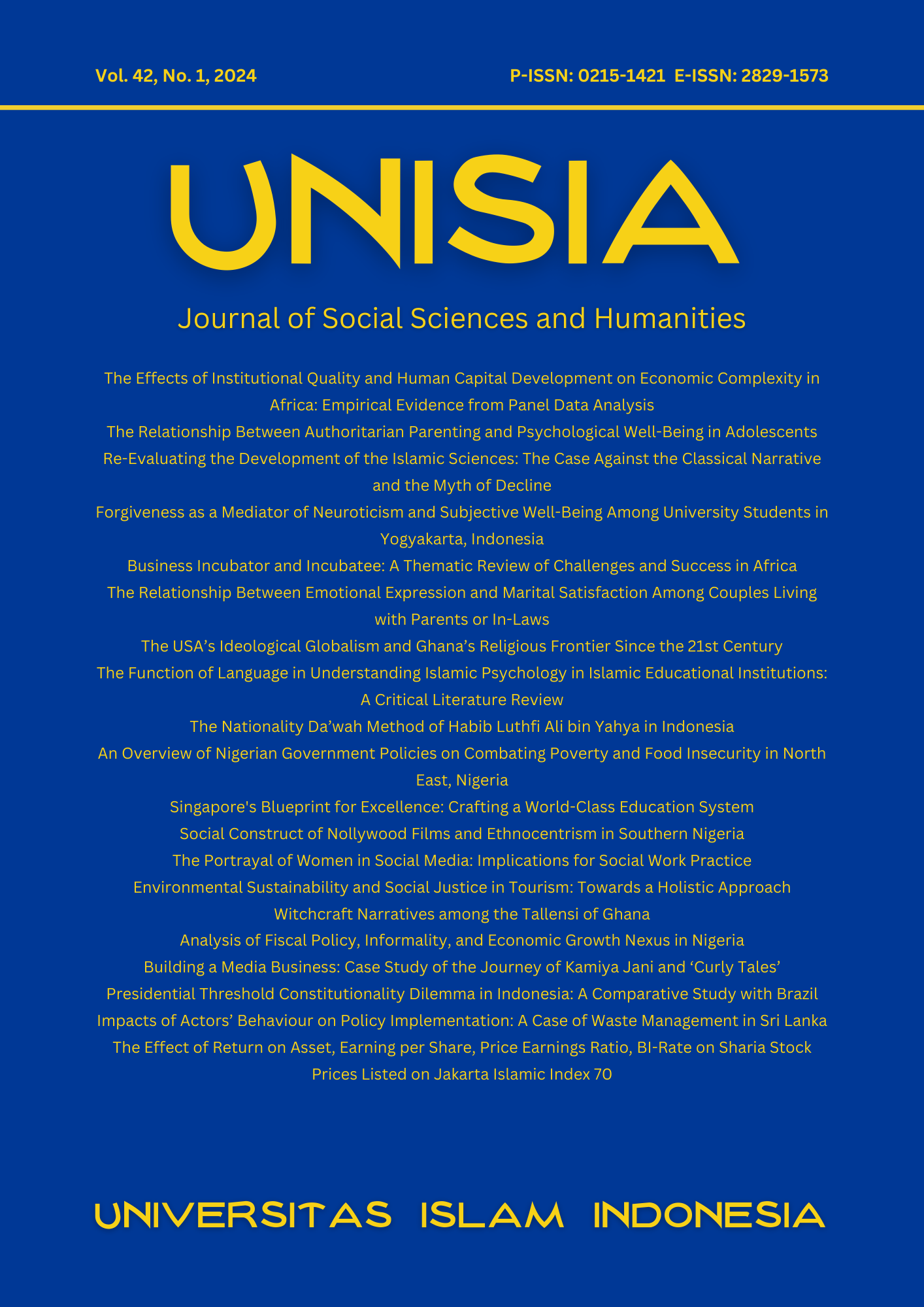Main Article Content
Abstract
This study examines the problematic constitutionality of the presidential threshold in Indonesia, which continues to be polemic in various circles. The presidential threshold, which regulates the threshold for presidential and vice-presidential nominations, has caused various controversies. Supporters argue that this threshold is important for creating a strong presidential system, whereas opponents argue that it limits the rights of political parties and the public to elect the leaders they want. This debate reflects dissatisfaction with regulations that are considered contrary to the principles of social justice and the Indonesian constitution. In the context of international comparison, Brazil, as one of the largest democracies, does not apply a presidential threshold that allows for wider political pluralism. This study aims to discuss the problematic constitutionality of the presidential threshold in Indonesia and explore alternative policies that support the presidential system without sacrificing political participation. The results of this comparative study show that a thresholdless system such as Brazil can increase political participation and pluralism, although it also has challenges such as political fragmentation. These findings provide an important perspective for Indonesia to evaluate and adapt its electoral system to strengthen its democracy.
Article Details
Copyright (c) 2024 Shifa Anggreani

This work is licensed under a Creative Commons Attribution-ShareAlike 4.0 International License.
- Authors retain copyright and grant the journal right of first publication with the work simultaneously licensed under a Creative Commons Attribution License that allows others to share the work with an acknowledgement of the work's authorship and initial publication in this journal.
- Authors are able to enter into separate, additional contractual arrangements for the non-exclusive distribution of the journal's published version of the work (e.g., post it to an institutional repository or publish it in a book), with an acknowledgement of its initial publication in this journal.
- Authors are permitted and encouraged to post their work online (e.g., in institutional repositories or on their website) prior to and during the submission process, as it can lead to productive exchanges, as well as earlier and greater citation of published work.




